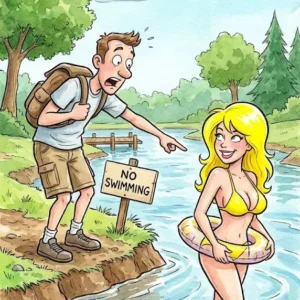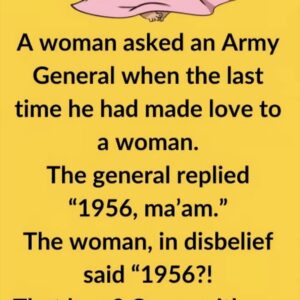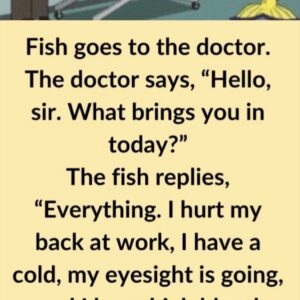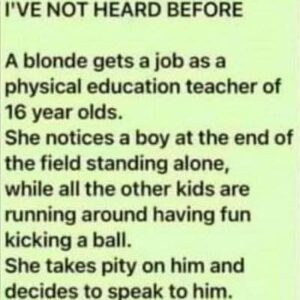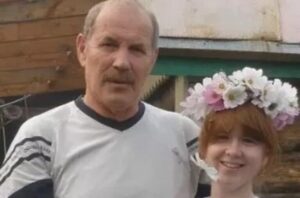
Significant age differences between spouses often draw criticism and judgment from others. When a couple’s ages differ dramatically, many are quick to question their motives, make assumptions, or express skepticism. Today’s couple—Victoria and Boris—have a 39-year age gap, and their story is one that has both surprised and inspired many.
Victoria was just 22 when she graduated from university and began working for a regional media outlet. Bright, ambitious, and passionate about meaningful storytelling, she was assigned to cover a local initiative promoting healthy living among youth. The campaign, titled “Revival of the Urals,” was led by none other than Boris Yakovlevich—a 61-year-old retired public figure known in the community for his advocacy work and long-standing service.
At the time, Boris was seen by many as a wise and respectable man—an eligible older gentleman who had chosen solitude after the tragic passing of his beloved wife. He had withdrawn from public life for some time, focusing instead on his health and the younger generation’s well-being. Though considered “eligible” by those who admired his legacy and character, Boris himself had no intention of remarrying—especially not to someone nearly four decades younger.
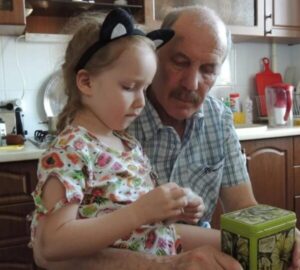
Their first meeting, which took place during a routine interview, did not immediately spark romance. There was mutual respect, but no instant connection. However, as they continued to cross paths at various community events and initiatives, a quiet bond began to form. Both had known heartache—Victoria had also experienced an unhappy marriage despite her young age—and their shared emotional depth eventually brought them closer.
Long conversations turned into mutual understanding. Over time, feelings developed. Still, Boris wrestled with the age difference, questioning whether it would be fair—or even appropriate—to pursue a relationship. Victoria, however, saw beyond numbers. She saw a kind, generous man who treated her with respect and truly understood her. Her parents, who always prioritized their daughter’s happiness, gave their full blessing and support.
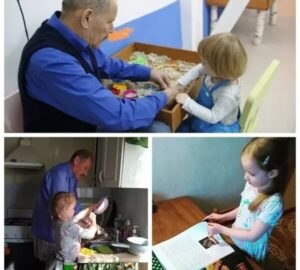
The couple married despite the judgment they faced from outsiders. Today, Boris and Victoria are raising their young daughter, Eva, together. Their life is modest, and they are not financially well-off, but they are committed to creating a loving, nurturing environment for their child. Boris, once an eligible bachelor admired from afar, is now a devoted husband and father again.
Victoria, inspired by her own experiences and the criticism they’ve faced, now plans to study psychology. Her goal is to support other families who navigate complex social dynamics and challenges—particularly those involving non-traditional relationships.
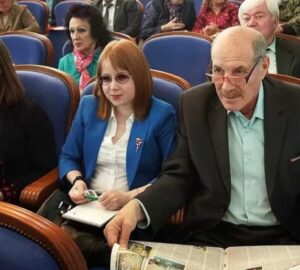
Unfortunately, not all of Boris’s family has embraced his new life. His grandchildren from his first marriage have struggled to accept Victoria and rarely attend family gatherings where she and Eva are present. The emotional distance is painful, but Boris hopes that, in time, understanding and reconciliation will come.
In the end, Boris and Victoria’s relationship is a reminder that love often defies social expectations. While age differences may raise eyebrows, the true measure of a relationship lies in respect, mutual support, and shared values—not in years.

